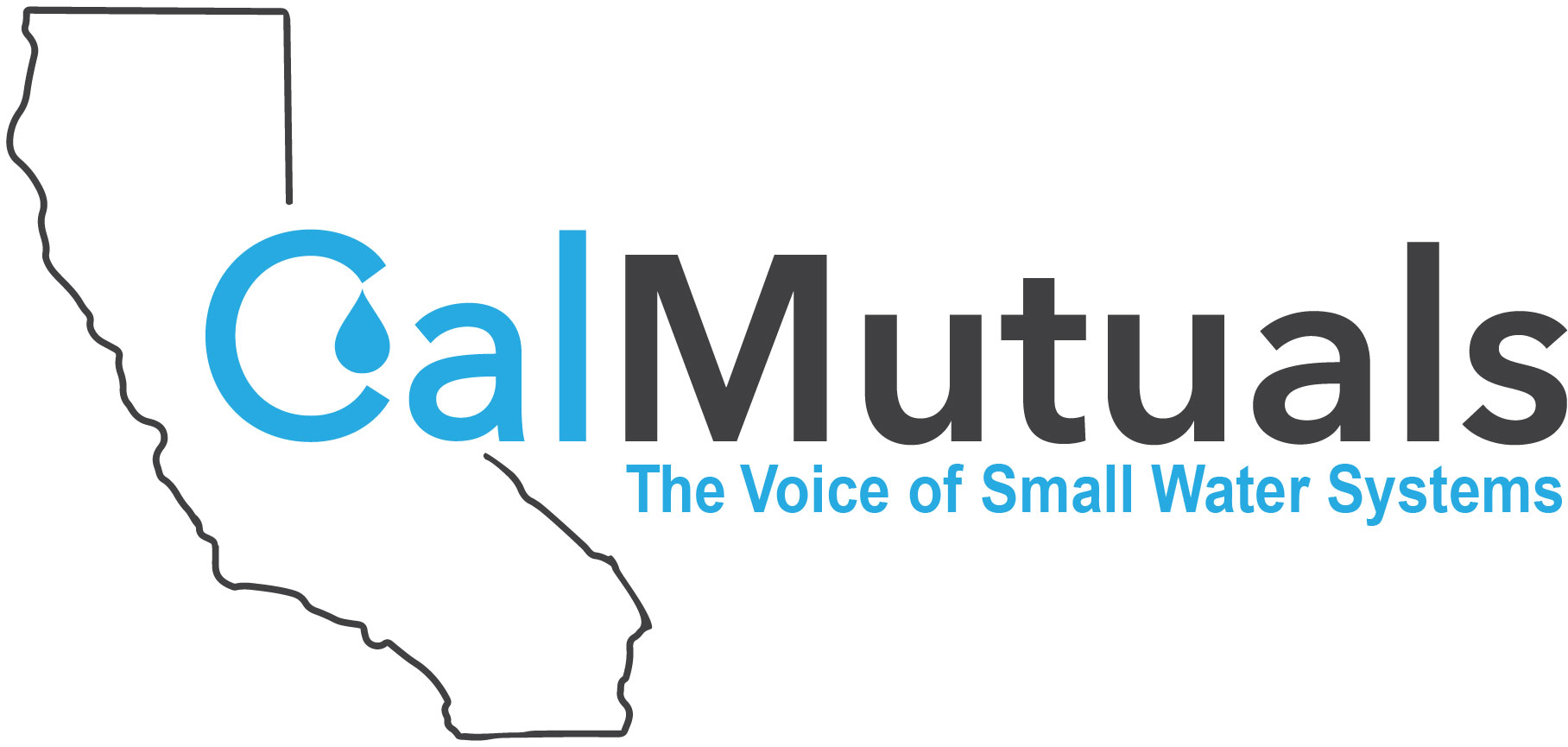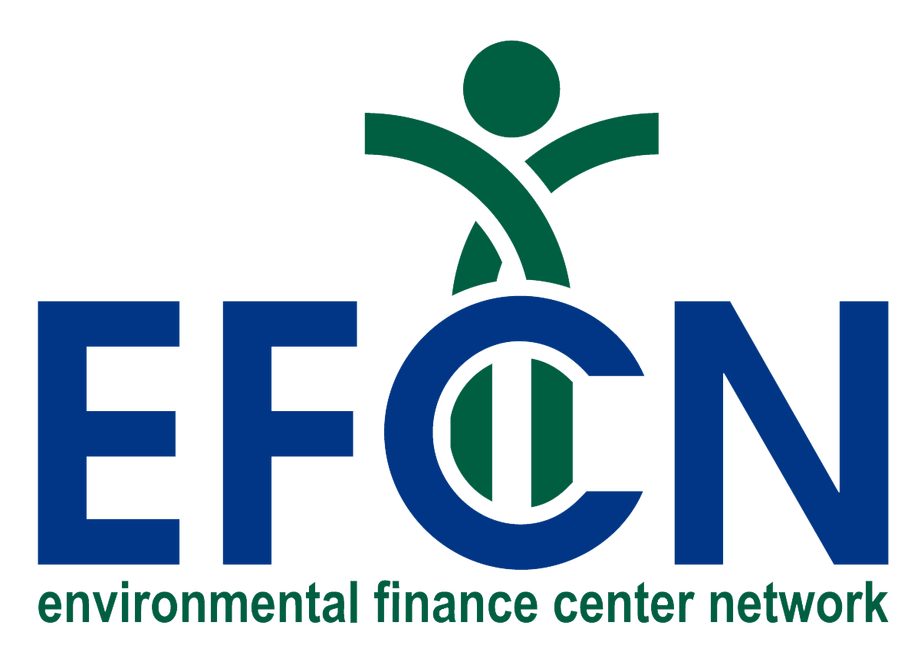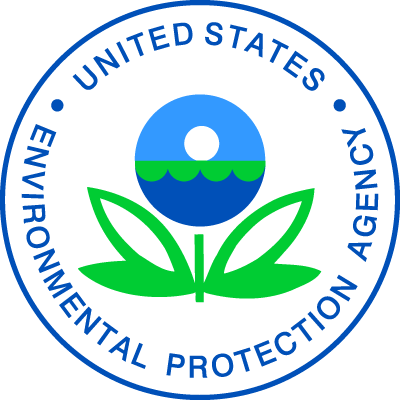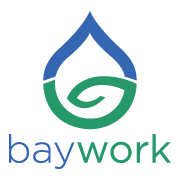EFCN Webinar: Chlorine Disinfection and CT Calculations for Small Water Systems
Webinar OnlyTuesday, May 17, 2022 Time: 1:00 pm - 2:00 pm EDT Description: This webinar is designed to improve understanding of key concepts and mathematical relationships in chlorine disinfection. Attendees will engage in calculating chlorine dosages and feed rates for the three forms of chlorine in order to ensure necessary disinfection is taking place in drinking water. Also, attendees will learn how to calculate CT values in order to comply with inactivation requirements for viruses and Giardia. Learning Objectives: Calculate dosage, demand, & residual for chlorine disinfection applications. Differentiate between combined, total, and free chlorine residuals. Calculate feed rates for gas, liquid, and solid chlorine forms. Calculate the effective volume of basins and pipes and determine contact time credit. Calculate CT values for a disinfection application. Evaluate compliance by comparing CT values to log inactivation tables. Presenter: Gregory Pearson, Water and Wastewater Trainer, Great Lakes Environmental Infrastructure Center at Michigan Technological University Who Should Attend: This workshop is designed for water systems serving 10,000 people or fewer (though systems of any size may attend), especially targeting local government systems. Owners of privately owned systems, consultants and technical assistance providers serving water systems are also invited to attend.




